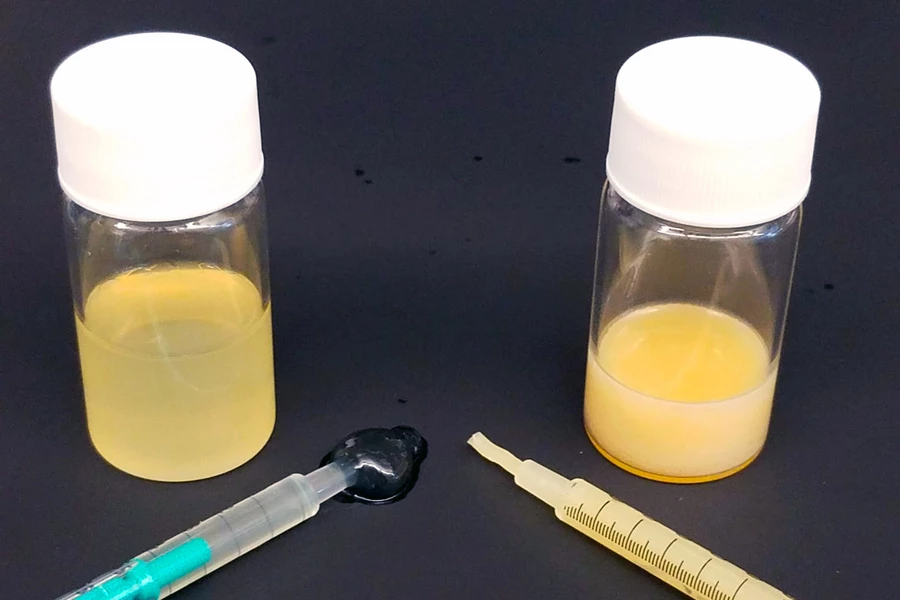Oral medicine has become an indispensable mode of administration, accounting for about 90% of the drugs produced by human beings. Despite the value of oral drugs in the treatment of various diseases from head pain to covid-19, children may have difficulty swallowing tablets, and in developing regions, those seeking alternatives may complicate the situation due to the lack of clean water and refrigeration facilities* Scientists have designed an oil-based gel that can solve these problems, and can be loaded with essential drugs *, distributed like yogurt, and easy to swallow.

After about 10 years of research, scientists from Massachusetts Institute of technology and Brigham and women's hospital set out to make it easier for children to take drugs usually in the form of tablets. This novel drug delivery method is the core of this research. Some drugs can be suspended in water, but this requires clean water and refrigeration to keep the resulting mixture stable.
Scientists turned to oil-based gel, which has the hope of becoming a medium that can dissolve drugs, remain stable at extreme temperatures, be compatible with different drugs, and do not need clean water. These are called oil-based gel, which are usually used in the food industry to change the texture of oily foods and improve the melting point of chocolate and ice cream.
By experimenting with different oils and food gelling agents, including sesame, flaxseed, cottonseed, beeswax and rice bran wax, scientists found that they can form gel of different textures, from substances similar to thickened drinks to substances much like yogurt. These substances also provide different flavors. After consulting the trained tasters, the scientists found that those with neutral or slightly nutty flavor, such as those from cottonseed or sesame oil, are the most attractive.

The team then turned to the who list of essential drugs for children and selected three drugs: praziquantel, artemether and azithromycin. These drugs are used to treat parasitic infections, malaria and bacterial infections, and are insoluble in water.
"According to the list, infectious diseases do stand out in what a country needs to protect its children," said the lead author Ameya kirtane. "A lot of work we have done in this study has focused on infectious disease drugs, but from the perspective of formulation, it doesn't matter what drugs we put into these systems."
The drugs were then mixed into the oil-based gel, and the team designed a dispenser system similar to the squeeze yogurt packaging. This method of administration was then tested in pigs, and the team found that the oil-based gel could effectively provide a dose equivalent to or higher than that absorbed by the subjects from the tablets. Gel has also been proved to be stable at 40 ° C for several weeks and at 60 ° C for one week, which indicates the prospect of safe truck transportation without refrigeration.
After these promising early results, scientists have now obtained the approval of the U.S. Food and Drug Administration (FDA) to conduct the first phase of clinical trials, which they expect to launch in a few months.
Giovanni Traverso, the author of the study, said: "this platform will change what we can do for children and adults who have difficulty receiving medication. Given the simplicity and low cost of the system, it may have a huge impact on making it easier for patients to take medication."
The study was published in advances in science 》In magazines.